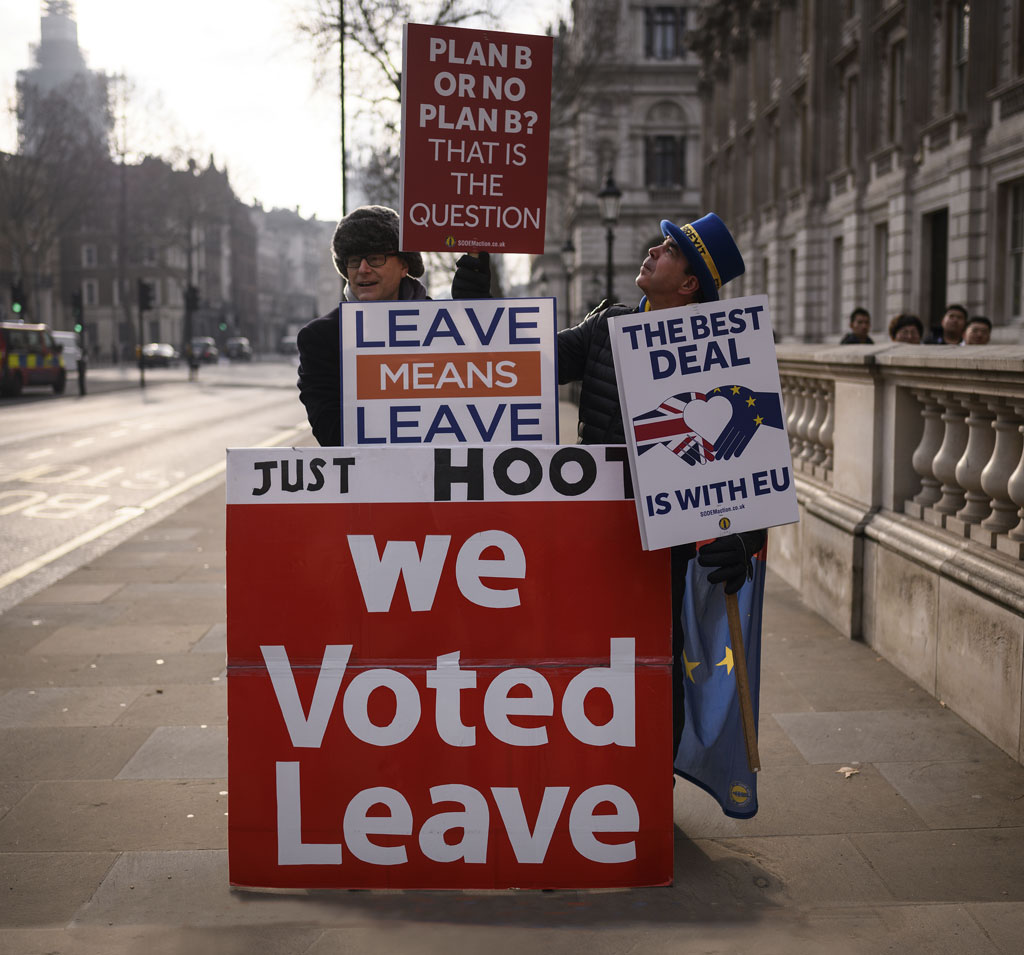
The advisory status of the EU referendum in 2016 did not diminish the need for lawful participation in, and compliance with, the primary and secondary legislative requirements governing its proper management and outcome. Accordingly, Parliament enacted detailed rules for ensuring a real and fair reflection of the views of the electorate, transparency, and public confidence in the democratic processes. Expenditure was controlled and limited to requiring participants spending more than £10,000 to register and declare expenses and donations received, to designate two ‘lead’ campaigns which would have special status and entitlements and to control co-ordination between campaigns. Of particular importance was the prohibition on donations from foreign sources in order to prevent external interference.
However, soon after the referendum took place on 23 June 2016, reports began to circulate of instances of electoral malpractice allegedly committed by certain groups









